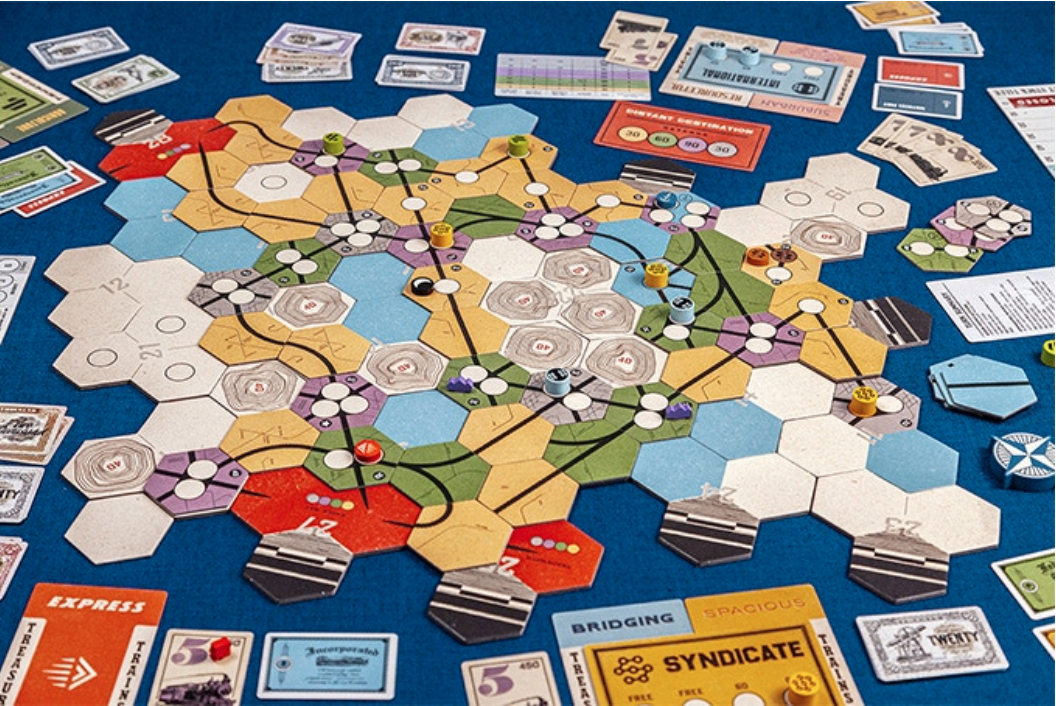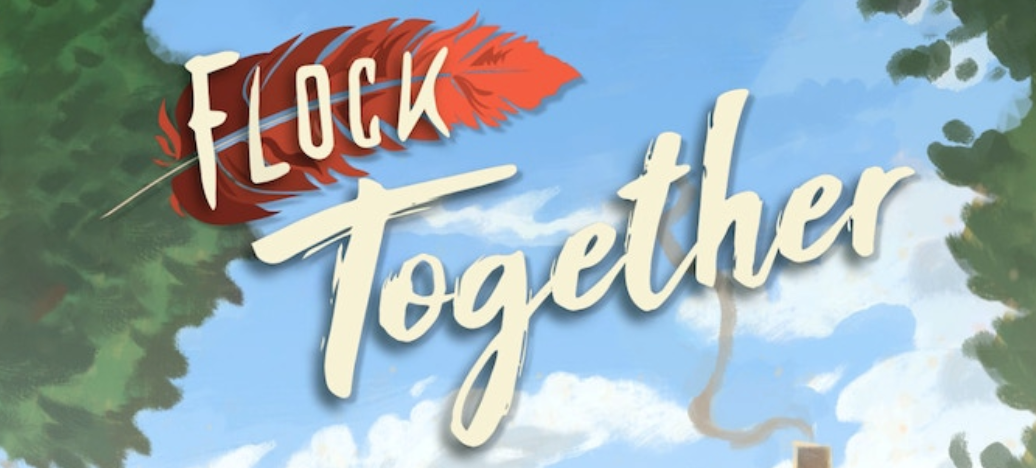Whether it be in co-operative or competitive games, things can get heated at the table. Whether intentional or not, in-game conflict can sometimes bleed over into the real world. It is important to stop this kind of conflict as soon as it happens.
But how do you make sure that every leaves the table still having a good time? It is an important question that every game master should be prepared for. Here are a few handy suggestions about how to take care of a situation before it gets out of hand.
Talk to the Combatants
Addressing conflict is all about having the tough conversations. Talk to each player individually about what is angering them. Is there something happening in their life outside of the game that is accidentally bleeding into the game? Or is there a problem at the table?
Make sure to check in with both parties about the situation. More often than not, one player may have done something without knowing. If this is the case, you may be able to start a conversation about player safety and boundaries.
It is also helpful to ask questions. “Why do you think _______ is angry with you?” and “How do you think the other player felt when you did ______ ?” are great ways to help players empathize with one another and think about their own actions.
After checking in with everyone involved, mediate the conversation between them all. Let everyone else do the talking about what happened. If someone tries to pull you onto their side, do your best to be impartial.
Changing Your Play Style
If you happen to be the target of another players’ anger, then consider your tabletop behaviour. Listen to what they have to say. What caused you to act like you did?
If the behaviour was an accidental blip, then don’t sweat it too much. Apologize and recognize that you are not going to do it next time. However, if you believe your behaviour was rational, and the person angry at you is trying to bully you into doing things for their character… well, it might be time to leave the table.
Learning To Leave
In rare instances, there are things that happen at the table that cannot be justified. Having a moment of poor judgment is one thing. Being discriminatory or intentionally abusive is another.
If you are the organizer of the game, make sure to cover what is okay to discuss and do during a game and what is not. Create safety tools at the beginning of your game. This can include adding a X card for your game if you will be covering dark topics and players want a way to pull a content rip cord.
If someone starts to violate the rules you have put in your game, talk to them about it out of game. If the player continues to violate the rules or berates you outright, then kicking them from the game may be the best bet.
If you are a player and the organizer refuses to do anything about a players behaviour, then it may be time to find a different group. It can be disheartening to have to find a new gaming group, but if you are constantly feeling drained, angry, or upset when playing games – then it just isn’t worth it.
Get all your board game news from The Bag of Loot! www.thebagofloot.com
Get all your board game needs from Three Kings Loot! www.threekingsloot.com




